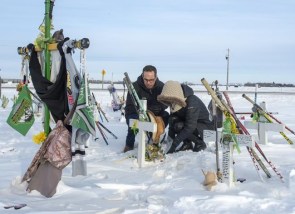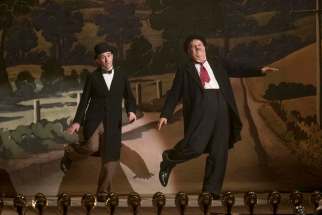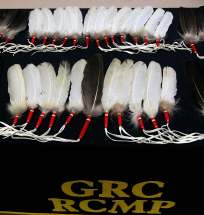Secular courts need unencumbered oaths
Read this article for free:
or
Already have an account? Log in here »
To continue reading, please subscribe:
Monthly Digital Subscription
$0 for the first 4 weeks*
- Enjoy unlimited reading on winnipegfreepress.com
- Read the E-Edition, our digital replica newspaper
- Access News Break, our award-winning app
- Play interactive puzzles
*No charge for 4 weeks then price increases to the regular rate of $19.00 plus GST every four weeks. Offer available to new and qualified returning subscribers only. Cancel any time.
Monthly Digital Subscription
$4.75/week*
- Enjoy unlimited reading on winnipegfreepress.com
- Read the E-Edition, our digital replica newspaper
- Access News Break, our award-winning app
- Play interactive puzzles
*Billed as $19 plus GST every four weeks. Cancel any time.
To continue reading, please subscribe:
Add Free Press access to your Brandon Sun subscription for only an additional
$1 for the first 4 weeks*
*Your next subscription payment will increase by $1.00 and you will be charged $16.99 plus GST for four weeks. After four weeks, your payment will increase to $23.99 plus GST every four weeks.
Read unlimited articles for free today:
or
Already have an account? Log in here »
Hey there, time traveller!
This article was published 31/01/2019 (2503 days ago), so information in it may no longer be current.
Fairness, equality and rational thought: those attributes should govern Manitoba courtrooms. Those same attributes are reasons why it’s hard to justify the continued use of holy books and spiritual symbols when witnesses swear oaths in court.
Manitoba RCMP last week launched an initiative that will give eagle feathers the same legal standing as the holy books that are traditionally used for sworn statements in this province. They distributed eagle features to 88 RCMP offices in the province so they can be used for oaths that will be admissible in court.
The RCMP’s effort to foster stronger relations with Indigenous people is commendable, but the use of eagle feathers to swear legal oaths brings the same problems as using the Bible, the Torah and the Qur’an.
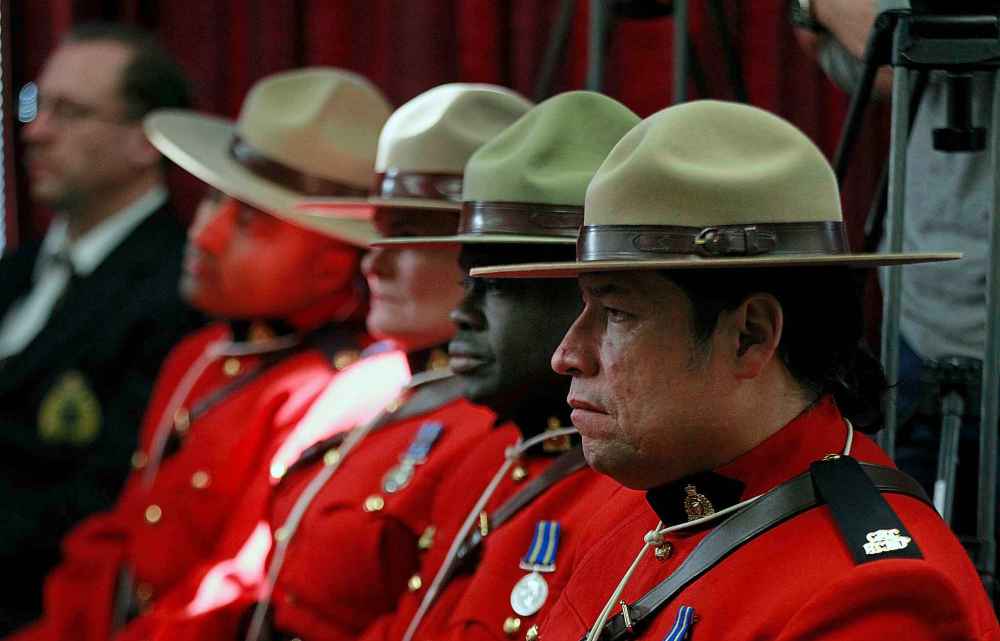
Although Canadian courts are secular places, there’s an antiquated tradition of witnesses asked to place their hand on a holy book and respond to the question: “Do you swear that the evidence you shall give shall be the truth, the whole truth and nothing but the truth, so help you God?” Courtrooms have copies of the Bible at the ready, but if witnesses want to swear their oath on religious books other than a Bible, or on an eagle’s feather, they’re asked to contact Crown counsel at least one week in advance so court staff can arrange to provide the requested item.
This practice is unequal in a multi-faith province such as Manitoba, partly because some religions, such as Hinduism and Buddhism, don’t have a single holy book which is considered integral to their faith.
It’s true that witnesses can decline the option of swearing on a holy book or eagle feather and choose the option to “affirm,” in which case they will be asked a question that doesn’t refer to a supernatural deity.
Unfortunately, this option violates the individual’s right to religious privacy. Courts should not probe the religious practices of witnesses, but this infringement occurs when witnesses are forced to choose the option of affirming, thereby giving a telling suggestion of their religious beliefs, or lack thereof.
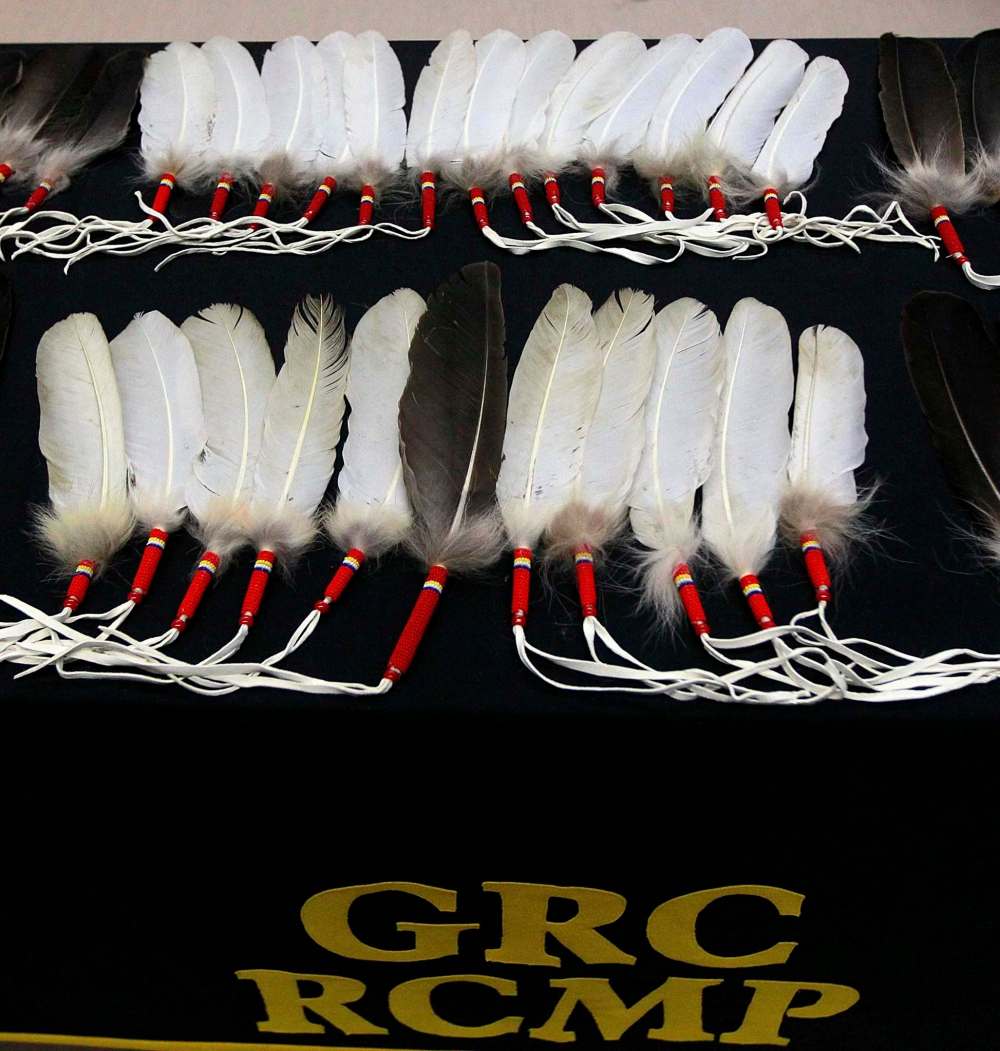
Some might argue that keeping religion as part of legal oaths strengthens the credibility of witnesses, that believers are more likely to tell the truth if they invoke a divine being. This is actually another bias against the perceived integrity of people who choose to affirm. Courts rely on evidence and rational conclusions: where is the evidence that witnesses who invoke God are more honest?
As a high-profile example, take U.S. President Donald Trump, who was sworn into office on Jan. 20, 2017, with his left hand on a pair of Bibles, his personal copy and the Lincoln Bible. Can anyone suggest Mr. Trump’s swearing of his nation’s highest oath, on what literally was a stack of Bibles, has led him to navigate his presidency with a high level of integrity and truth?
Perhaps it’s time to remove religion from the swearing of legal oaths, as has already been done in some jurisdictions in Australia and the United States. Let everyone use the non-religious oath of affirmation, which asks: “Do you solemnly affirm that the evidence you shall give shall be the truth, the whole truth and nothing but the truth?”
When there is one oath for all, all will be equal before the court.





